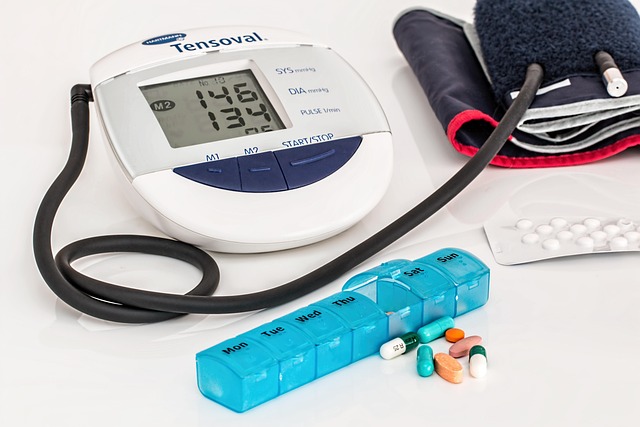Revolutionizing Healthcare: The Impact of Data-Driven Patient Management
In today’s rapidly evolving world, technology and healthcare are becoming deeply intertwined. One of the most significant advancements in this arena is data-driven patient management, a transformative approach empowering healthcare providers to enhance the quality of care delivered to patients. This novel integration of artificial intelligence (AI) is not just a trend; it is an evolution that resonates with the very essence of modern healthcare.
Imagine walking into a clinic where your history, preferences, and even your genetic makeup are seamlessly woven into a personalized care plan. This scenario is becoming a reality, thanks to the ability of data-driven patient management to harness vast amounts of health data. With the use of AI and machine learning, healthcare professionals can now analyze an individual’s medical history, lifestyle choices, and socio-economic factors to craft tailored treatment protocols. This personalization leads to better outcomes, increased patient satisfaction, and a more efficient healthcare system.
Data-driven patient management is allowing healthcare providers to move beyond the one-size-fits-all model of traditional care. By leveraging predictive analytics, practitioners can identify potential health risks before they escalate. For example, by analyzing patterns in patient data, systems can flag those at high risk for chronic diseases, enabling proactive interventions. This shift not only improves patient health outcomes but also alleviates pressures on healthcare facilities, ultimately reducing costs within the system.
Furthermore, the integration of data-driven patient management fosters enhanced patient engagement. Patients are not just passive recipients of care; they are increasingly becoming active participants in their health journeys. Through mobile applications and patient portals, individuals can access their health information, track their progress, and communicate seamlessly with their healthcare providers. This transparency fosters a sense of trust and motivates patients to take ownership of their health, making them more likely to adhere to treatment plans and follow through on necessary lifestyle changes.
AI and big data are also revolutionizing clinical decision-making processes. Health professionals can now rely on real-time data analytics to make informed decisions quickly. This is particularly crucial in emergency care, where time and accuracy are vital. The ability to analyze previous cases and outcomes enhances decision-making efficiency, ensuring that patients receive the most effective care promptly.
As we venture deeper into the digital age, ethical considerations surrounding data privacy and security become paramount. It is essential for healthcare organizations to prioritize patient confidentiality while utilizing data-driven patient management systems. Striking the right balance between innovation and ethical responsibility will be critical in ensuring that patients feel safe and supported throughout their healthcare experiences.
Inspiration from these advancements serves as a beacon of hope for both patients and healthcare providers. As we harness the power of data and technology, we stand on the verge of a healthcare revolution that prioritizes patient-centered care, improves outcomes, and holds the promise of a healthier future for all. The journey is just beginning, and the implications of data-driven patient management will shape the landscape of healthcare for years to come.




